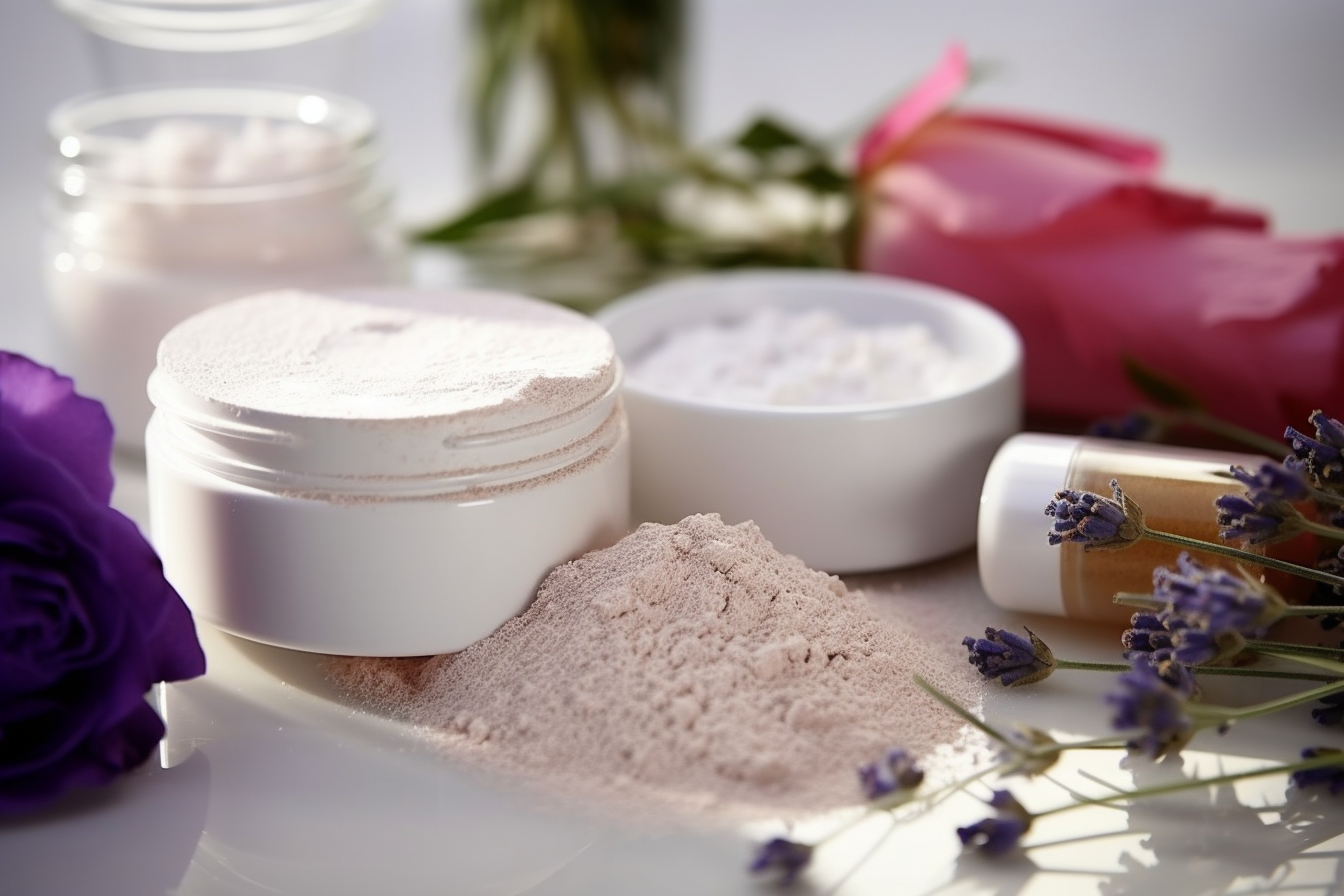- Green ingredients in eco-friendly cosmetics
- Sustainable packaging materials
- Environmentally friendly production processes
- How Does Your Cosmetic Manufacturing Process Promote Sustainability and Eco-friendliness?
- What Are the Benefits of Vegan Cosmetic Manufacturing for the Environment?
- Eco-certifications and consumer trust
In recent years, the cosmetics industry has witnessed a significant shift in consumer preferences towards eco-friendly products. More and more people are now opting for cosmetics that have minimal impact on the environment. As a result, manufacturers are exploring innovative ways to produce environmentally friendly cosmetic products. This article delves into various aspects of eco-friendly cosmetic manufacturing, such as ingredients, packaging, and production methods.
Green ingredients in eco-friendly cosmetics
One of the primary concerns in conventional cosmetic manufacturing is the use of harmful chemicals and synthetic ingredients. These substances can cause damage not just to our skin but also to the environment when they are washed down the drain. The first step towards producing eco-friendly cosmetics involves replacing these toxic ingredients with natural alternatives.
Plant-based ingredients

Derived from renewable sources, plant-based ingredients are biodegradable and safe for both the environment and human health. Some popular choices include essential oils, botanical extracts, and carrier oils. These ingredients offer excellent skincare benefits without causing any harm to the ecosystem.
Mineral-based ingredients
Minerals like zinc oxide, titanium dioxide, and mica are naturally occurring substances that can be used in cosmetics as pigments, sunscreens, or thickeners. When responsibly sourced, these ingredients contribute to sustainable and eco-friendly cosmetic manufacturing.
Cruelty-free and vegan formulations
Avoiding animal-derived ingredients and testing on animals is another aspect of producing eco-friendly cosmetics. Many brands are now turning towards cruelty-free and vegan formulations, ensuring that their products do not contribute to animal suffering or exploitation.
Sustainable packaging materials
Besides focusing on green ingredients, eco-friendly cosmetic manufacturing also entails adopting sustainable packaging solutions. Traditional plastic packaging is a significant contributor to environmental pollution and non-renewable resource consumption. By exploring biodegradable, recyclable, or reusable alternatives, manufacturers can reduce their carbon footprint and contribute to a cleaner planet.
Biodegradable packaging
Materials like plant-based polymers, paperboard, and bamboo are gaining popularity in the cosmetics industry for their biodegradability. These materials break down into harmless components when discarded, reducing waste accumulation and pollution.
Recyclable packaging
Using packaging materials like glass, aluminum, and some types of plastics that are easy to recycle helps in curbing waste generation and conserving resources. Cosmetics manufacturers can encourage consumers to recycle used containers by providing clear instructions on disposal methods.
Reusable packaging
Another trend in sustainable packaging involves designing containers that can be reused after the product has been consumed. This approach not only cuts down on waste but also offers an additional incentive for customers who value sustainability.
Environmentally friendly production processes
Besides ingredients and packaging, eco-friendly cosmetic manufacturing also encompasses responsible production practices. These include energy efficiency, water conservation, and waste reduction measures during the manufacturing process.
Energy-efficient operations
Reducing energy consumption during production is crucial for environmentally conscious cosmetics manufacturers. They can achieve this by optimizing equipment usage, implementing efficient lighting systems, and harnessing renewable energy sources such as solar power.
Water conservation measures
The cosmetics industry is known for its high water consumption during production. To minimize their environmental impact, manufacturers can adopt water-saving techniques like recycling process water, rainwater harvesting, and using dry cleaning methods for equipment.
Waste reduction strategies
Reducing waste generation is vital for sustainable manufacturing. Cosmetics manufacturers can achieve this by optimizing their production processes, recycling or upcycling waste materials, and implementing a zero-waste policy in their facilities.
How Does Your Cosmetic Manufacturing Process Promote Sustainability and Eco-friendliness?
Professional beauty product manufacturing is evolving to prioritize sustainability and eco-friendliness. Our cosmetic manufacturing process encompasses various eco-friendly practices, from sourcing natural and organic ingredients to optimizing energy consumption during production. Each step is carefully considered to minimize waste and reduce environmental impact. By incorporating sustainable elements into our manufacturing process, we contribute to a greener future for the beauty industry.
What Are the Benefits of Vegan Cosmetic Manufacturing for the Environment?
Vegan cosmetic manufacturing within the vegan cosmetic industry has several benefits for the environment. By avoiding the use of animal-derived ingredients and testing, these products minimize harm to animals and reduce deforestation caused by animal agriculture. Moreover, vegan cosmetics often use sustainable packaging materials, promoting eco-friendly practices and reducing waste. With their focus on ethical and environmentally conscious production, the vegan cosmetic industry contributes to a greener future.
Eco-certifications and consumer trust
To assure customers of their commitment to sustainability, many cosmetic brands seek eco-certifications from reputed organizations. These certifications require manufacturers to meet stringent criteria related to ingredients, packaging, and production processes. Some popular eco-certifications in the cosmetics industry include Natural Products Association (NPA), Ecocert, and Leaping Bunny.
In conclusion, eco-friendly cosmetic manufacturing is an essential step towards achieving sustainability in the beauty industry. By adopting green ingredients, sustainable packaging materials, and responsible production practices, cosmetics manufacturers can contribute to a healthier environment while appealing to environmentally conscious consumers.
- Essential oils, botanical extracts, and carrier oils
- Zinc oxide, titanium dioxide, and mica
- Plant-based polymers, paperboard, and bamboo
- Glass, aluminum, and some types of plastics
- Water-saving techniques like recycling process water, rainwater harvesting, and using dry cleaning methods for equipment
- Natural Products Association (NPA), Ecocert, and Leaping Bunny
